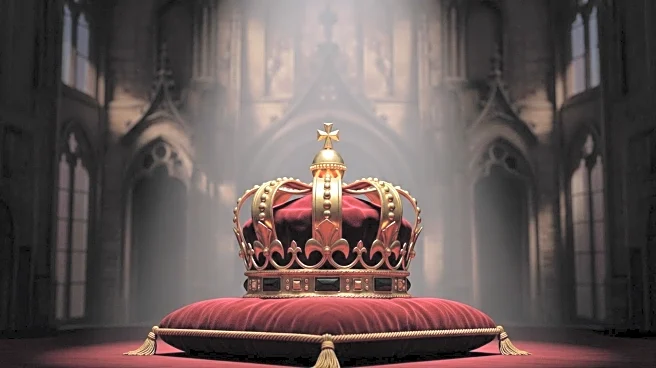Prague has been a city of leadership and transformation throughout its history. As the capital of the Czech Republic, it has been at the forefront of political and cultural changes in Europe. The city's leadership has been marked by its ability to adapt and thrive amidst challenges, from its role in the Holy Roman Empire to its position in modern Europe. Prague's leaders have navigated complex political landscapes, ensuring the city's continued relevance and influence.
Leadership Context
Prague's leadership context is rooted in its historical significance as a capital city. As the seat of the Kingdom of Bohemia and later the Habsburg monarchy, Prague has been a center of political power and decision-making. The city's leaders have played crucial roles in shaping the region's political and cultural landscape.
Decisions and Strategies
Throughout its history, Prague's leaders have made strategic decisions that have impacted the city's development. From the construction of iconic architectural landmarks to the promotion of cultural movements, these decisions have shaped Prague's identity and legacy. The city's leadership has been characterized by a commitment to preserving its historical heritage while embracing modernity.
Outcomes and Accountability
The outcomes of Prague's leadership are evident in its thriving cultural scene and historical preservation. The city's leaders have been accountable for maintaining Prague's status as a cultural and political hub, ensuring its continued relevance in Europe. The successful navigation of historical challenges has solidified Prague's reputation as a city of resilience and innovation.
Lessons for U.S. Audiences
For U.S. audiences, Prague's leadership offers valuable lessons in adaptability and cultural preservation. The city's ability to balance historical heritage with modern development provides insights into effective leadership strategies. Prague's experience in navigating political and cultural transformations can inform approaches to leadership in diverse contexts.

 Discover Daily
Discover Daily 






